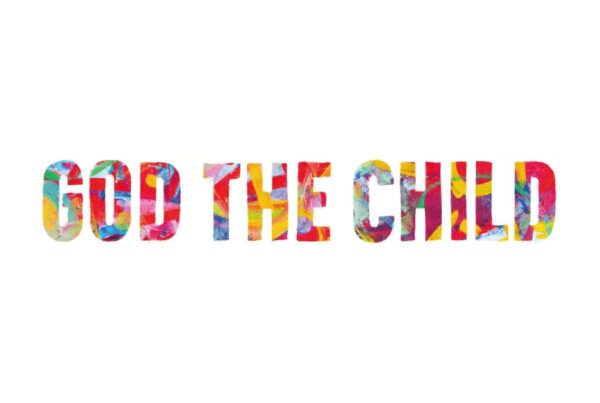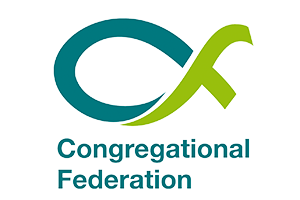The pandemic has brought a barrage of unsolicited self-care advice telling us how we can ‘live our best life’ by people who not only filter their physical appearances, but also their psychological and spiritual realities. Chasing the ideal of the ‘best life’ is only another opportunity for us to suffer, as we are often faced with a less than best life, and a capricious world drenched in suffering, violence and self-interest.
In my experience, much religion, like these self-appointed self-care gurus offer us little help apart from platitudes, such as ‘God will protect you’, ‘why worry when you can pray’, ‘it will all be okay when we get to heaven’. These, and other such sentiments, require us to engage in a spiritual slight of hand, asking us to focus on false hope while turning away from the reality of suffering. Some religion goes one step further and shames people. I heard of a church community that allowed the parents of a sick child be told that their child had cancer because they lacked faith. It sounds like it was just too threatening for this community to acknowledge the painful riddle of a loving God in a world of suffering.
My aunt is part of a church called ‘Our lady of sorrows’, which always struck me as an off-putting name for a church, and yet Jesus was a ‘man of sorrows’. Maybe there could be something comforting in the name of such a church for those of us who want to be honest about the tumult we experience, and see in the world around us. But, I wonder if acknowledging Jesus’s suffering beyond seeing it as some part of an act of triumph is just too painful for us? And yet Jesus said:
28 “Come to me, all of you who are tired from carrying heavy loads, and I will give you rest. 29 Take my yoke and put it on you, and learn from me, because I am gentle and humble in spirit; and you will find rest. 30 For the yoke I will give you is easy, and the load I will put on you is light.” From, Matthew 11 (GNT).
I hope Jesus’ words are more than a platitude, or to be used as an inspiring social media post, or even sycophantic religious self-promotion. They could be all these things if they are wrenched from their context by quoting verse 28 and ignoring the rest. But, for me, it is the rest of the passage that makes me hopeful. There are some who suggest that when Jesus talks about his ‘yoke’ he is referring to his teaching, and we are reminded in the Gospels that the core of his teaching is that we should love God and love others.
Jesus saw human suffering and experienced it himself, and yet he continued to call us to love, to forgive and to work towards the healing of the world around us. This is hope, a light in the darkness. I think that Jesus calls us to ‘live our best life’ not by trying to inoculate ourselves from suffering, but by looking beyond the need to hide from existential anxiety. Maybe the ‘man of sorrows’ and his beloved mother call us to find the best of life in the midst of our pain, and we do this by learning to love. Now many in our tradition would ask us to remember that the love of others starts with the love of self, and it may, but I wonder if the love of others, the love of God, and the love of the Cosmos could also teach us to love ourselves? It might also be important to remind us to allow ourselves to be loved, which is more difficult than it sounds.
Jesus appears to be saying that learning to love, and maybe being loved, enables us to rest. This is an interesting thought, and potentially a counter cultural one. But, it is also challenging because it requires honesty, humility and gentleness, rather than the exercising of power and privilege, something church hierarchies and systems are not always so good at doing. This leads me to believe that self-care is outward focused, as well as inward focused, and it requires me to face the grit of our world and to be open to see beauty, wonder and love even in the reality of our sorrows. I truly believe this is possible, to encounter the God of love in a world of pain, and to know rest in the midst of suffering, not a rest that removes suffering, but re-imagine it.









